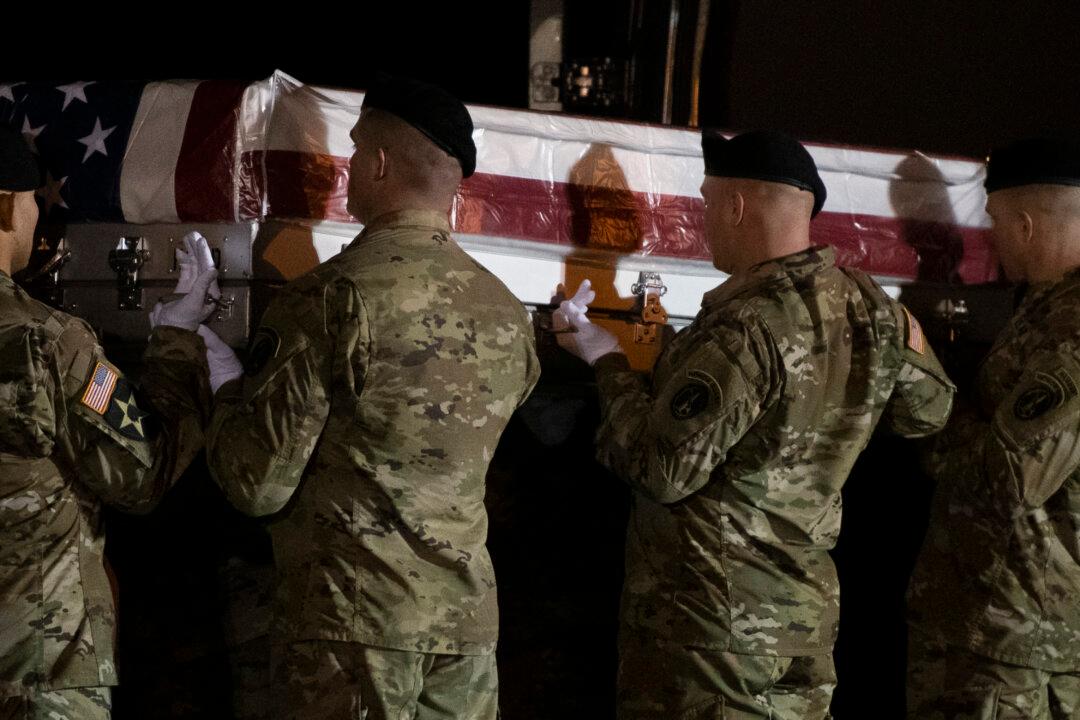Commentary
Sept. 11, 2001, was a dark day in American history, with nearly 3,000 people killed in the attacks on the World Trade Center and the Pentagon, and a sizable chunk of lower Manhattan reduced to smoking rubble.

Sept. 11, 2001, was a dark day in American history, with nearly 3,000 people killed in the attacks on the World Trade Center and the Pentagon, and a sizable chunk of lower Manhattan reduced to smoking rubble.